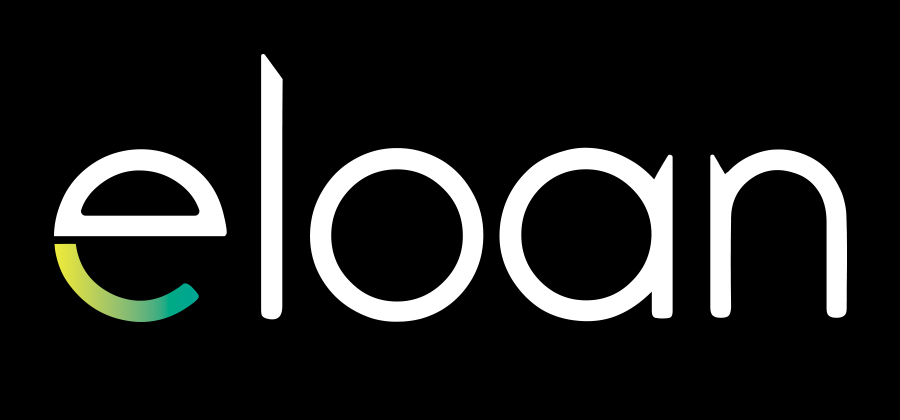Outline
Let’s try to keep things short:
Lending Club

-
One of the first applications on Facebook
-
Peer-to-peer lending platform
“‘I’ll take one percent of his loan and one percent of somebody else’s loan.’ And Lending Club will then bundle these into loan packages or notes that are multiple borrowers and multiple investors who are providing capital to provide this financing. Therefore, you get the diversification risk reduction.”
- Small investors used to give money to banks for them to give to small borrowers; Lending Club cuts out the banks.
Kabbage

- Provides loans to small businesses
“They were able to make small business loans with reasonable ability to get repaid and be successful in minutes.”
-
Much faster than the process of getting a loan from a bank
-
Short-term, high interest, flexible loans
-
They go more in-depth into your business data before giving a loan:
“We want to look at your whole business model and we want to see how much volume of transactions are you shipping out every week. How many customers are charging things on their cards with your business? How is your accounting look? We’ll look at all of that, and not just what you write on a loan application paper that a bank officer may look at.”
Credit Karma
![]()
- No loans, just free credit information
“So as a consumer, you can go get a free credit report from Credit Karma. You can also get some other value added services that will help you improve your credit score, or understand your credit score, or protest something that’s wrong.”
-
Targeted ads at people with good credit scores provide revenue
-
Banks pay for leads
“With Credit Karma, you’re looking at your credit report and you’re now thinking, ‘I wonder what it would cost me, if I wanted to borrow money to buy a car.’ And Credit Karma says, ‘Have you been wondering about buying a car? We have some great lenders that might be able to help you with that.’ ‘Oh, yeah. I’ll click there. What do you have in mind? What do you advise? What do you suggest?’”
eLoan

- Early online lending, started in 1997
“They are very simple value proposition that would give you loans, easier, faster, simple, particularly for mortgages and, or auto financing, they were very easy to work with and very large.”
-
Sold in 2005, made big profit despite dot com crash
-
Example of how banks will buy new ideas and technologies
My Thoughts
I’m not sure if I like the case study style of teaching in this course. I’d prefer just to get my advice and tips up-front, but maybe that’s just the millennial in me talking. There actually is a discussion prompt in the course that asks “Why has media consumption and attention span changed over time?”
Anyways, the companies that were mentioned are just a few of the most prominent companies out there doing lending and financing. I bet that there are thousands of startups trying to do what these example companies are doing. I don’t believe that big banks are truly intimidated by these startups. If their technologies or ideas are revolutionary, the banks will pony up the money to either copy them or buy them out outright (eLoan). Otherwise, banks are content with simply profiting off of the work these businesses do (Kabbage is getting a lot of investment money from banks and Credit Karma sells leads to banks).